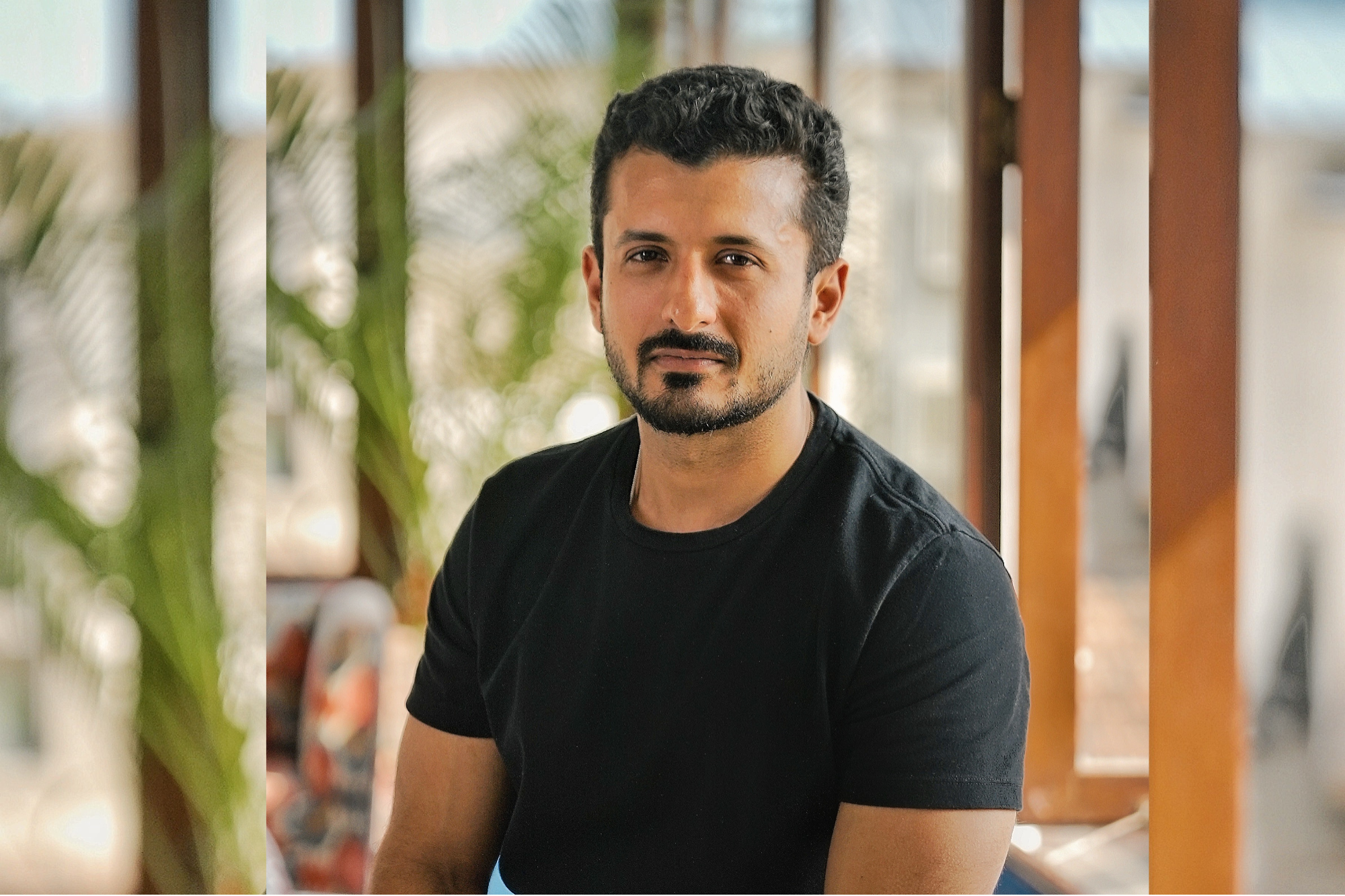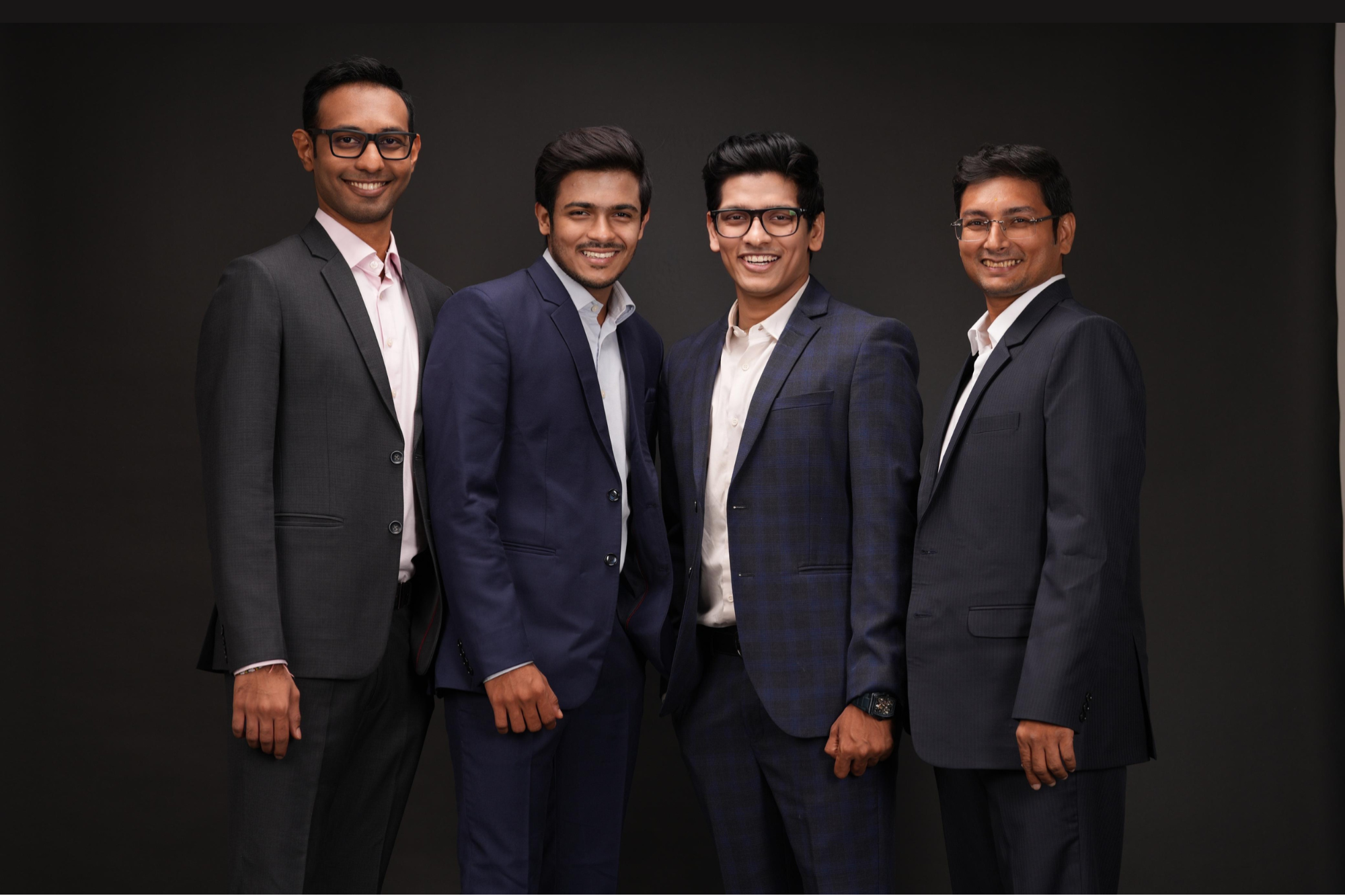Ace Blend Gains Fireside Ventures' Backing to Transform Nutrition Market Fireside Ventures, known for supporting brands like Mamaearth and BoAT, had been observing Ace Blend's rapid growth before deciding to invest.
You're reading Entrepreneur India, an international franchise of Entrepreneur Media.

Ace Blend, a science-led nutrition brand, has secured a pre-series A investment from Fireside Ventures, one of India's prominent consumer-focused venture capital firms.
Ace Blend was founded by Shivam Hingorani, who began by closely studying the country's nutrition market. His findings revealed products that offered big promises but delivered little, with questionable claims and low efficacy.
In response, Ace Blend developed formulations rooted in over two decades of global research expertise from a leading R&D and product design firm. The brand's approach relies on clinical-grade ingredients and advanced extraction technologies to ensure measurable results.
"We are not here to sell hope in a bottle," Hingorani said. "Our mission is to deliver real results. With Fireside's backing and world-class R&D behind us, we are ready to scale and show the country what real nutrition looks like."
Saif Mehkri, an R&D specialist who joined as co-founder in 2022, reinforced the focus on credibility. "Every ingredient, every dose, every claim we make is backed by clinical research. Indians deserve health outcomes that they can feel, measure, and trust," he said.
Fireside Ventures, known for supporting brands like Mamaearth and BoAT, had been observing Ace Blend's rapid growth before deciding to invest. "India has hundreds of nutrition supplement brands, yet only a few deliver precise dosing, clinically proven efficacy, and full traceability of raw materials," said Dipanjan Basu, Partner and Co-founder at Fireside Ventures. "We believe the next breakthrough will come from premium formulations in convenient formats, and Ace Blend is uniquely positioned to offer that."
Ace Blend's financial growth has been striking, rising from INR 1.9 crore to a projected INR 55 crore in three years. The company recorded more than 250 percent growth in its first year, nearly doubled revenue in its second, and expects over four-fold growth this year. The pre-series A round, combined with angel funding, totals USD 3.3 million, with an additional USD 5.7 million anticipated.
With this funding, the partnership aims to set new benchmarks in India's nutrition industry, focusing on efficacy, transparency, and consumer trust.












